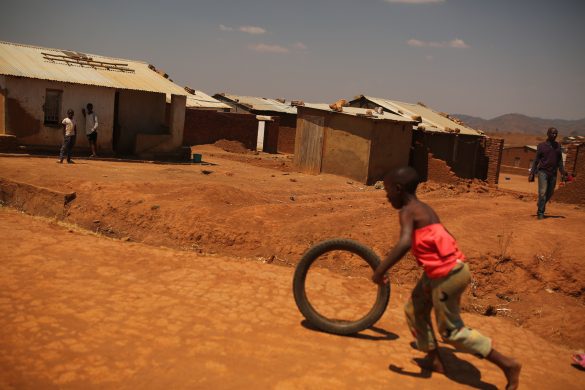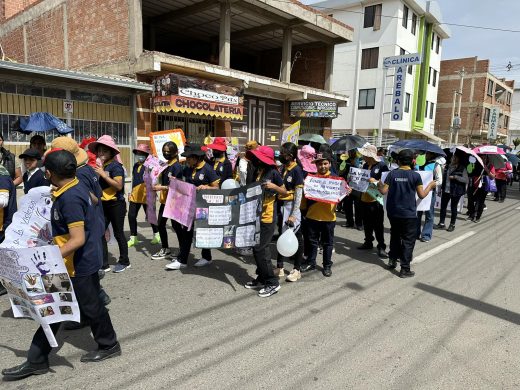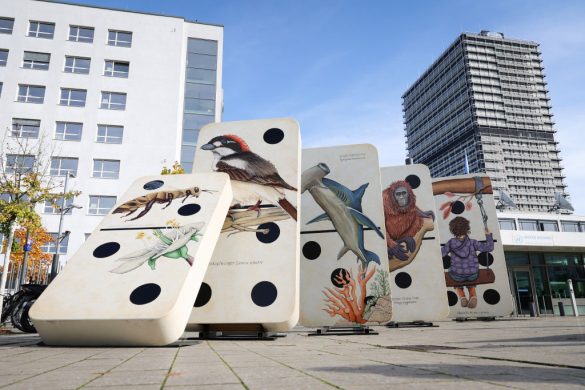UNEP studie viser at BioTrade i Peru er vokset med 20 procent på fem år og at den genererer betydelige indtægter for fattige befolkningsgrupper og fremmer bæredygtig udvikling i det Sydamerikanske land. Overvindelse af udfordringer som finansiering, certificeringsordninger og GMO er næste skridt.
NAIROBI/GENEVA, 28 February 2013: Goods and services derived from biodiversity (known as BioTrade) in Peru have grown by 20 per cent in the last five years, generating significant revenue and promoting sustainable development, while simultaneously supporting pro-poor development.
But despite these benefits, Peru’s BioTrade sector still faces many challenges – from financing and value addition to certification and contamination from GMOs – which are preventing it from reaching its full potential.
These are among the findings of a new study released this week by the United Nations Environment Programme (UNEP) in collaboration with ProNaturaleza (Peruvian Foundation for the Nature Conservancy).
The study, BioTrade – A catalyst for transitioning to a green economy in Peru, shows that if the country could double its annual trade in biodiversity-based products to 40 per cent between now and 2020, it could increase sales from the 2009 level of US$ 110 million to US$ 2.7 billion.
Such an increase would also add more than 250,000 new jobs over the next decade and increase carbon sequestration revenues from US$ 154 million to US$ 750 million.
Currently, there are more than 10,000 people working in Peru’s BioTrade sector, mainly in rural areas, and they receive what is considered a fair price for their products.
In general, prices for biodiversity products are 30 per cent above the average for other commodities in Peru, according to the study.
The study identifies several challenges facing the country’s BioTrade sector. For example, financial institutions in Peru do not regard BioTrade businesses as competitive enough to warrant bank financing. While the average bank interest for small to medium enterprises (SMEs) in Peru is 9 per cent, it is above 25 per cent for biodiversity-based businesses.
Læs hele pressemeddelelsen her: http://www.unep.org/newscentre/Default.aspx?DocumentID=2704&ArticleID=9429
Læs videre fra: ”Another major challenge cited is that, at the time of the study…”
Se rapporten her: http://www.unep.org/greeneconomy/Portals/88/documents/research_products/BioTrade_Peru.pdf














